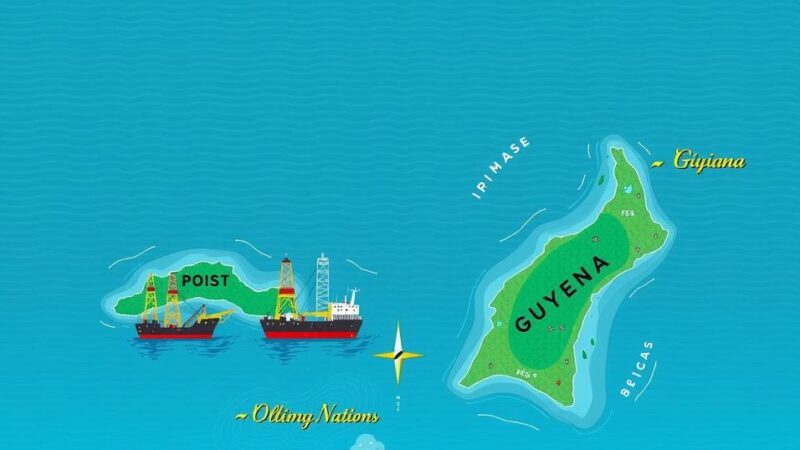The Trump administration has reinstated specific funding contracts for independent news and humanitarian aid in Cuba but has discontinued Radio Martí. While some organizations have regained support, significant uncertainties about future funding and program effectiveness remain, prompting them to seek alternative funding sources.
The Trump administration has made a notable shift by reinstating specific contracts that fund independent news outlets, humanitarian efforts, and support for political prisoners in Cuba. However, the recent discontinuation of Radio Martí raises concerns regarding the commitment to democratization in Cuba, as this government-funded radio station has ceased operations after 40 years of broadcasting.
Roberto Hechavarría, director of Cubanet, shared that the State Department informed them their grant is no longer canceled, although it remains under review due to a recent executive order by President Trump halting foreign aid programs temporarily. Cubanet, along with other initiatives, weathered significant budget cuts that affected 83% of USAID programs, according to Secretary of State Marco Rubio.
Additionally, Cubalex, which provides legal aid to dissidents and tracks arbitrary arrests, has had its previously suspended two-year award reinstated, as confirmed by its director, Laritza Diversent. Outreach AID to the Americas also received a notice that one of its canceled programs could continue, although both organizations suffered losses in other grants which resulted in cutbacks.
On the other hand, the International Republican Institute retains only a fraction of its awards, focusing primarily on projects related to Cuba and Venezuela, including initiatives for political prisoners that were previously canceled. The longstanding goal of fostering democratic transitions in Cuba and Venezuela faces challenges due to the Trump administration’s aggressive budget-cutting measures aimed at reducing government efficiency.
The noteworthy shutdown of Radio Martí signals a stark deviation from past U.S. efforts to deliver unfiltered information to Cuban citizens. Following a mandate to minimize operations, all employees associated with the Martí stations were placed on administrative leave or let go, generating backlash from the Cuban exile community and eliciting responses from Cuban American members of Congress like Rep. Mario Díaz-Balart, who advocates for the reinstatement of these communication services.
Despite funding inflows to some organizations, uncertainty persists regarding the future of several Cuba-focused aid programs, and stakeholders voiced concerns over the administration’s lack of strategy. A humanitarian project source remarked on the troubling absence of clarity and resources, suggesting that even unharmed projects resemble a suspension of operations due to funding shortages.
Concerns extend to the future staffing capabilities of the State Department’s Bureau of Democracy, Human Rights, and Labor, which has reportedly lost a significant number of contractors responsible for grant-related tasks. The resultant staffing shortfalls could severely impact the efficacy of programs designed to support independent journalists and media in Cuba and elsewhere.
The National Endowment for Democracy acknowledged that some previously withheld funds have been released, yet the future funding landscape remains uncertain for organizations reliant on these grants. Leaders from various organizations are now focusing on diversifying their funding sources to ensure project viability amid the evolving policy environment, recognizing a pressing need for reliable partnerships moving forward.
In summary, the Trump administration has reinstated some funding for programs supporting Cuba’s independent news outlets and humanitarian aid, but at the same time, has ceased operations of Radio Martí, prompting serious concerns regarding the commitment to democracy in Cuba. Despite some organizations recovering partial funding, widespread uncertainty about future financial support remains, and many are now looking to diversify their resources. The potential adverse impacts of staff reductions and funding limitations could hinder vital support for dissidents and independent journalism in Cuba.
Original Source: www.miamiherald.com






